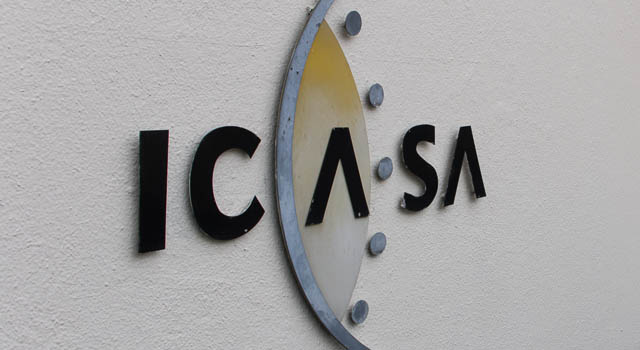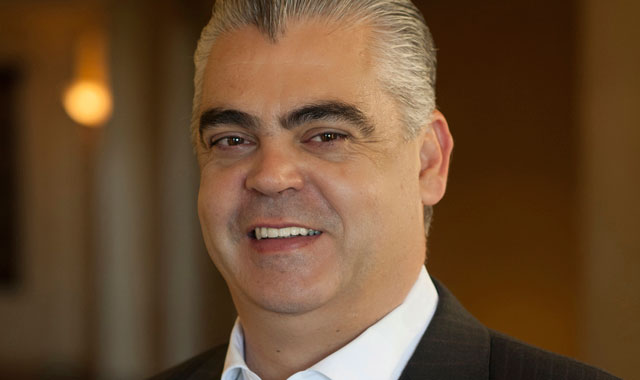
Communications regulator Icasa has signalled its intention to review the contentious call termination regulations of 2014, raising the possibility of fresh legal action by the industry.
In the past two reviews, Icasa has reduced termination rates — the fees operators charge each other to carry calls between their networks — significantly, leading indirectly to lower retail prices for consumers as smaller operators took advantage of the rates to compete more aggressively with incumbents Vodacom and MTN, which in turn were forced to slash their prices.
But the process has previously been fraught with controversy, with the big operators taking the regulator to court over the way it drafted the regulations.
Most recently, Cell C had taken legal action against Icasa over a reduction in “asymmetry” in the rates, meaning the regime would not be as heavily skewed in its favour as previously planned.
But the mobile operator eventually backed down, saying a year ago that it would withdraw the court challenge. It had taken the matter on review to the high court after accusing Icasa of making a “dramatic U-turn” in the regulations.
Although Cell C continued to benefit from “asymmetry” in the rates — it pays bigger rivals MTN and Vodacom less than they pay it to carry calls between their networks — the level of that asymmetry was dramatically reduced from a previous level proposed by Icasa but challenged by MTN and Vodacom at the high court.
“Cell C is disappointed by the dramatic U-turn Icasa has made in its approach to remedy the current market failure and promote competition in a duopolistic market,” the operator’s CEO, Jose Dos Santos, said at the time.
Dos Santos said Cell C’s decision to withdraw its legal challenge was “purely based on timing”.
“The decision to withdraw follows a lengthy process of more than a year of obtaining the record from Icasa, finalising the papers in the review application and obtaining a court date for the hearing,” the operator said.
“The length of time it has taken to get to court, which is the unfortunate reality of litigating in South Africa, has effectively made Cell C’s application redundant.
“This is because Icasa is due to start its review of the market in the next few months in anticipation of the existing MTR regulations coming to an end in 2017.
“This would mean that even a successful ruling in Cell C’s favour would have had little practical effect as the relief that Cell C was seeking was to ask the court to order Icasa to revisit its decision by conducting a market review.

“Cell C will participate in the upcoming Icasa process to consider mobile termination rates post October 2017 to ensure that its concerns are addressed in that forum.”
Icasa has now begun that process by inviting “interested stakeholders to participate in a process to review pro-competitive conditions imposed on licensees in respect of the call termination regulations of 2014”.
All licensees must complete and submit a questionnaire to Icasa by 28 February 2017. They can send written questions seeking clarity from the regulator, or can ask for one-on-one meetings. Icasa has promised to respond to all requests within 10 business days of receiving them. — © 2017 NewsCentral Media




